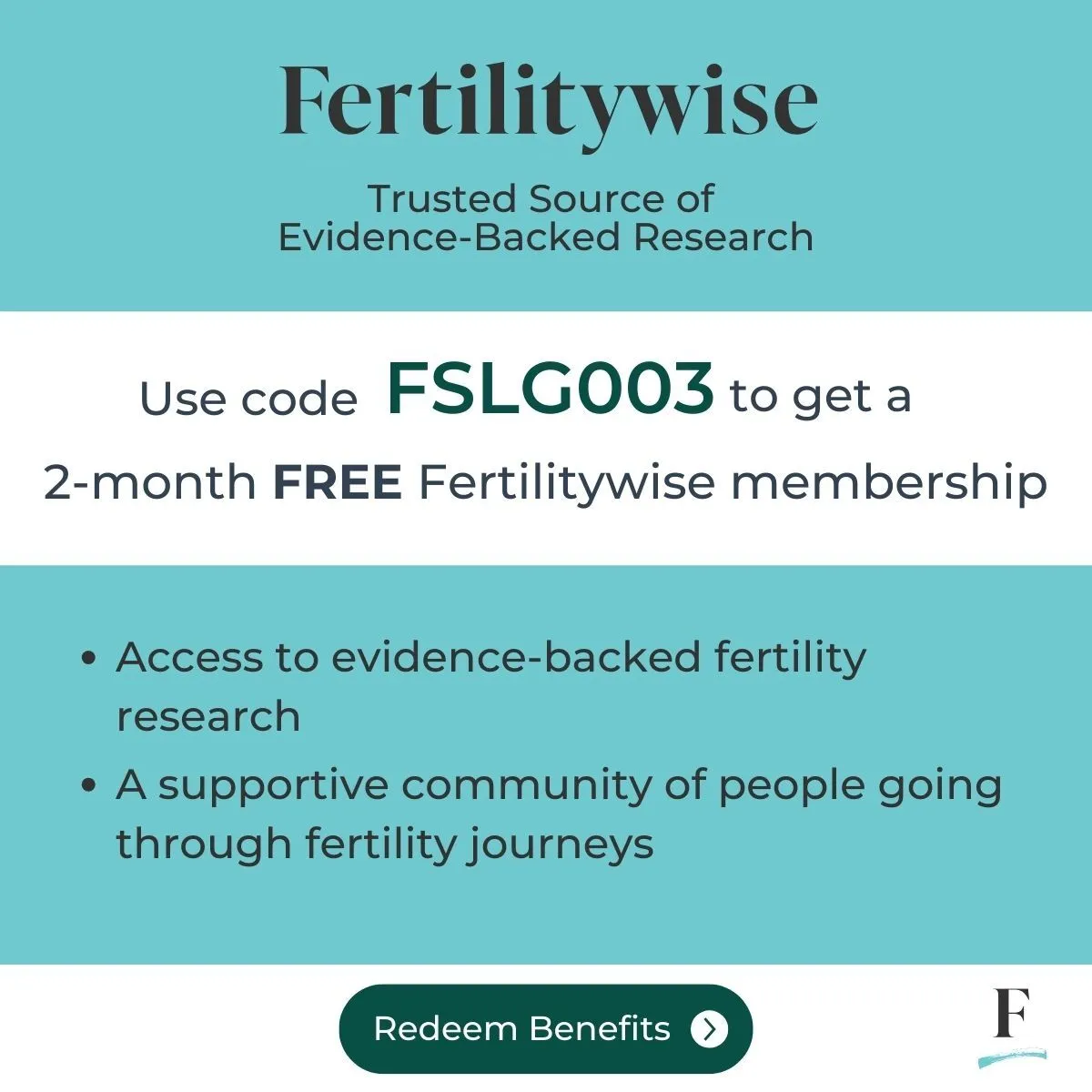Californians who have fertility problems can benefit from various forms of fertility assistance to start families. One of those options is to find an egg donor. If you decide to go this route, it’s crucial to know what’s included in an egg donation contract.
Understanding egg donation contracts
An egg donation contract outlines all the terms agreed upon by the egg donor and intended parents during their arrangement. It remains separate from the contract provided by the egg donation agency and is often customized for the preference of the respective parties. The contract is meant to protect everyone involved in the egg donation process.
Things typically included in an egg donation contract
There are certain details that should be included in all egg donation contracts. In addition to the rights and obligations of the donor and intended parents, another detail included involves the financial arrangements for compensating the donor. Usually, this is done through an escrow account or a trust created for the benefit of the egg donor.
An agreement about travel expenses, medical procedures, insurance, reimbursements to the donor and other items is necessary for all egg donation contracts. Additional things can be included based on the wishes of the intended parents and donor.
There must also be a clause that includes the intended parents’ legal control over the donor eggs, which involves making decisions on when and how to use them. For example, if intended parents decide to rely on in vitro fertilization (IVF) or a gestational surrogate and get to choose which option is best for them.
The contract should also include potential resolutions for any risks, disputes or liabilities to protect all parties involved. There is also a clause stating that the egg donor must share medical information with the intended parents, especially if there’s a change in her health.
Egg donation is one of the best ways for older women and those with fertility problems to have a baby.

